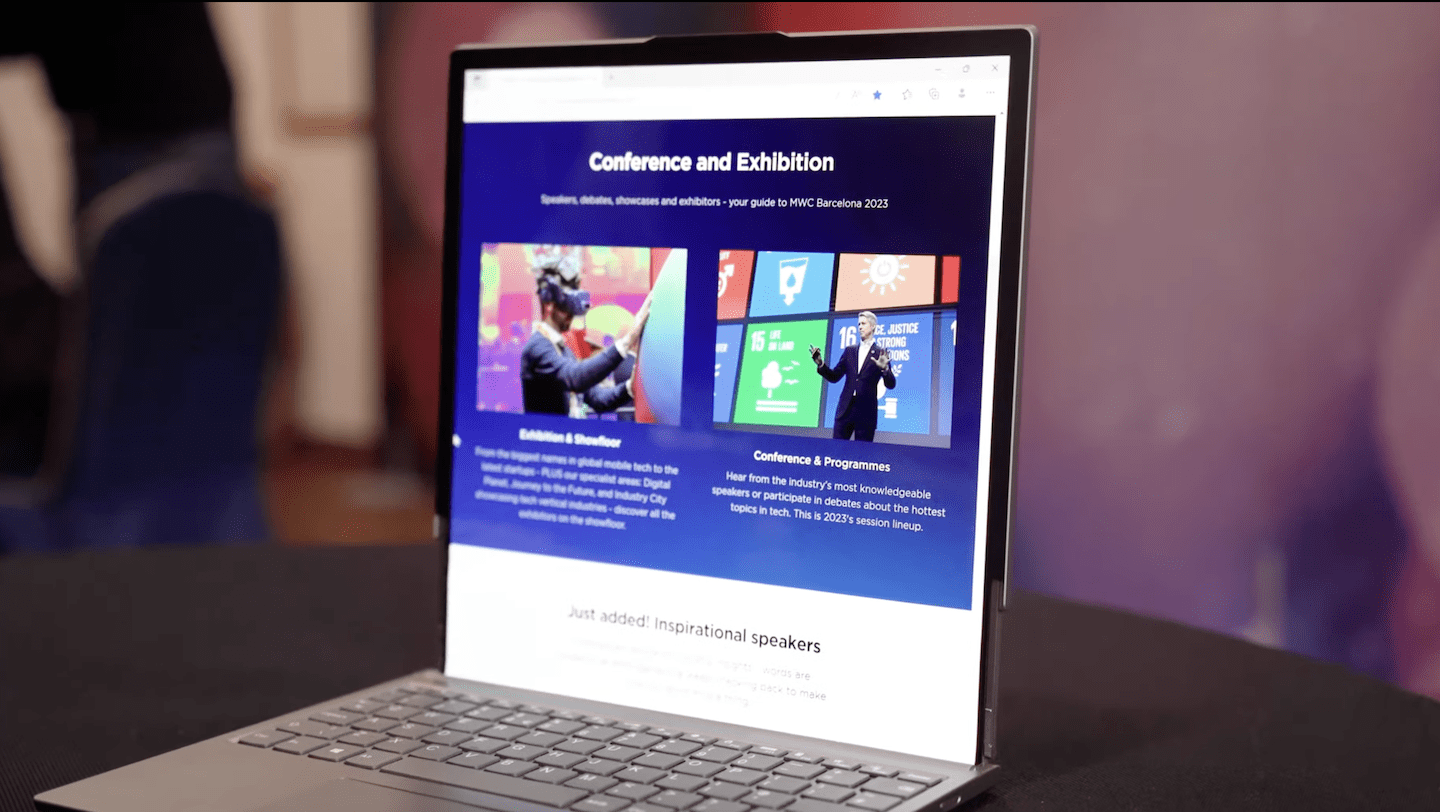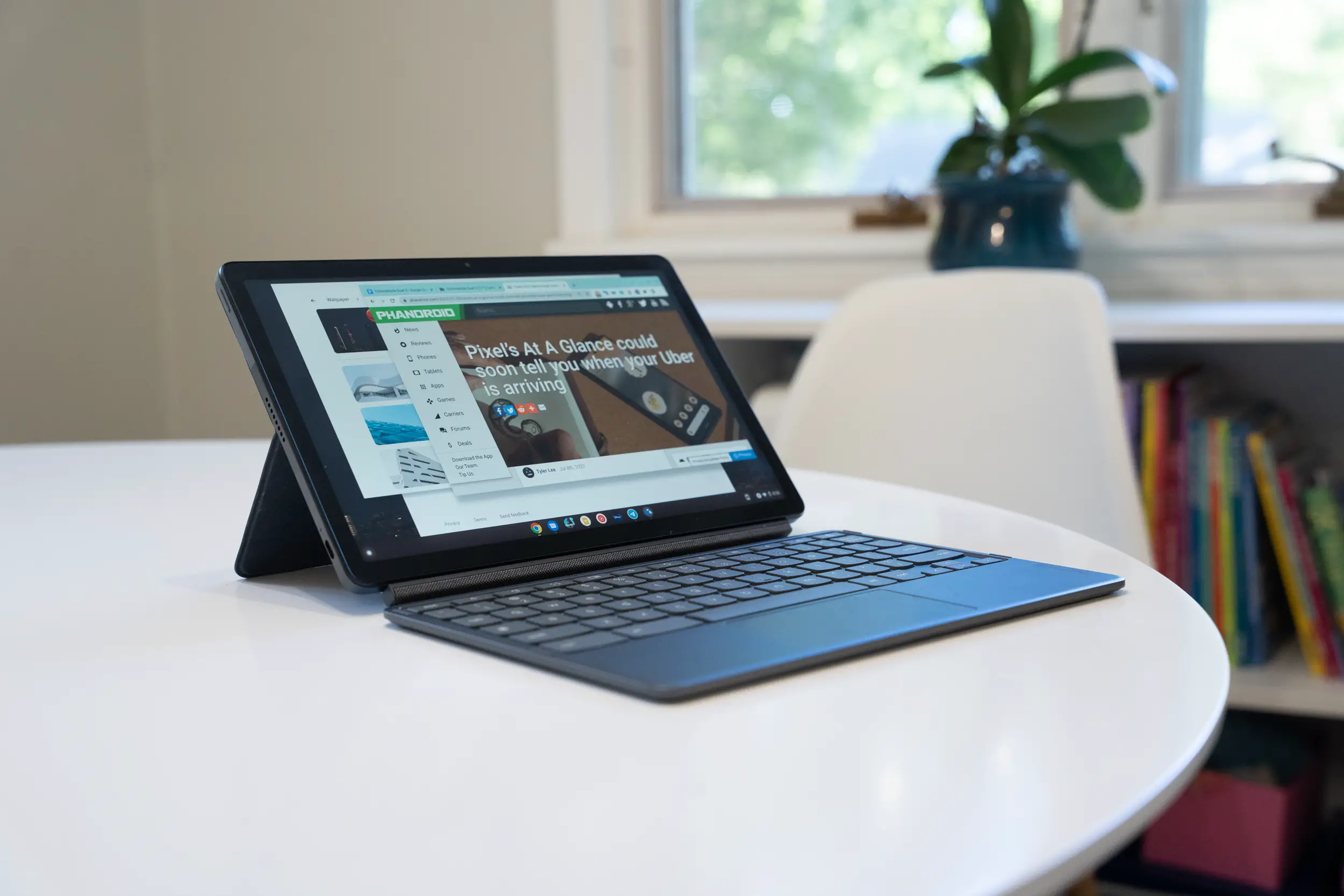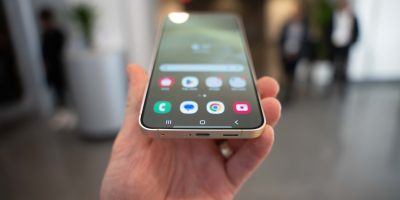
Research firm Canalys is shedding some light on their thoughts regarding the growth of Android in 2011, with special attention paid to the release of a Verizon iPhone and the perceived fragmentation of the Android OS. In their eyes, both factors shouldn’t hurt the growth of Android. In fact, they see Android growing at double the rate of their competitors through the new year. Canalys doesn’t see fragmentation being nearly as large of an issue as some would think, especially with OS updates beginning to slow.
We have to disagree on the slow down of updates. If anything we have had the release, announcement, or hint at three separate Android OS iterations (Gingerbread, Honeycomb, Ice Cream Sandwich) in the past 6 months. Only one current handset (the Nexus S) or tablet at market has any of the latest versions of Android. Still, we do agree Android should continue to grow. The Verizon iPhone will only serve to spur on even more competition.
Canalys predicts Android will grow more than twice the rate of major competitors in 2011
-Fragmentation will not limit Android growth
Palo Alto, Singapore and Reading (UK) – Thursday, 13 January 2011
For immediate releaseCanalys today announced its projection that Android will continue to grow at more than twice the rate of its major smart phone competitors in 2011, despite market concerns over platform fragmentation and the arrival of the iPhone 4 on Verizon in the US. According to Canalys Q3 2010 estimates, the Google-backed platform already claims a 25% share of the worldwide smart phone market, with over 20 million shipments of Android-based worldwide.[1]
‘The growth of Android has been phenomenal, but so too has the number of related devices launched with different hardware and software specifications,’ said Canalys Principal Analyst Chris Jones. ‘This has led to the market perception of it as a fragmented platform, though we believe that growth will continue as the pace of Android OS upgrades slows.’
Since the launch of the original Android platform in September 2008, many versions have followed. Gingerbread (Android 2.3) is already Google’s eighth update, with its forthcoming Honeycomb (Android 3.0) pad-focused release set to appear on devices in coming months. The platform’s rapid evolution has required increased resources from both device vendors and application developers to support the operating system.
‘The need to differentiate has pushed vendors to create customized user interface overlays for their Android devices,’ said Jones. ‘As additional investment is required to ensure compatibility with each operating system upgrade, this has hampered vendors’ efforts to stay up-to-date with the latest Android iteration on current devices.
‘Fragmentation affects all OS platforms, though it is particularly visible with Android due to the fast pace of upgrades that has characterized its growth,’ said Jones. ‘The problem has been less pronounced on competitive platforms, such as Apple’s iOS, as devices have been able to support the iOS 4 upgrades since the iPhone 3G. Nokia has also sought to minimize its fragmentation issues by utilizing the cross-platform Qt framework.’
Vendors working on Android have leveraged the open source platform to push prices down and bring smart phones to the mass market. As a result, Android shipments grew more than 1,000% through the first three quarters of 2010 over the same period in 2009.[2]
The platform has benefited established vendors, such as Samsung and HTC, but also enabled PC vendors, such as Acer, to enter the market with a broad product range spanning smart phones and pads.
‘Vendors are trying to differentiate further on the hardware front, with faster and more powerful processors, as well as larger screen sizes,’ said Canalys Senior Analyst Daryl Chiam. ‘Last week, LG announced the first smart phone to support a dual-core processor, while Acer and Samsung showcased smart phones with screen sizes of 4.8″ and 4.5″ respectively.’
‘With Android’s momentum expected to stay strong, the installed base of Android-based smart phones and pads will rapidly increase – good news for developers,’ said Chiam. ‘To be successful, developers must be prepared to cater to the abilities of the different device categories, tweaking the user experience of their applications accordingly. This additional effort is well worth the potential benefit of broader application distribution.’
‘To support developers, Google must also make substantial enhancements to the Android Market, including the ability to detect device platforms, highlighting the applications suitable for each, which would improve the user experience and increase the number of downloads,’ said Chiam.
[1] and [2] Canalys worldwide smart phone shipment estimates, Q3 2010. See table at end of press release.
[via BGR]










the title of this article needs to be edited. it reads as if saying android will be responsible for, and enable, the competitors’ growth to double, not that it android itself will grow at double the rate of the competitors, as you stated in the article.
Does phandroid ever come up with their own news? Everything is from other sites
@p I think the point of this site is to keep fans of android updated by the news. Obviously the site lacks the budget or access to give news like the WSJ,Canalys and other major news outlets. Almost all sites are like this even apple fan sites.
I just glanced at this article but isn’t the point that the iphone will not effect android? I bet it will definitely slow down the android sales but whatever
@p people sometimes tip them, but I like the way they do news, it’s shortish and concise and never bores you
2.3 just adds a few features over 2.2. There is no software that can run on 2.3 that can’t run on 2.2 or 2.1 for that matter (except flash). That is meaningless fragmentation.
@P
Phandroid is most likely just a group of hobbyist writers… I doubt they are the first to learn of news/leaks/etc. As such, they are simply conveying us with the information they find scouring the web. As always, if you don’t like it, I don’t think anyone is bending your arm to come here.
@ Bela well said
I thought the same thing phoenix did, title confused me.
The US does not make the world. Just because Verizon is going to get crapertino’s phone, does not change the fact that it IS available outside of the US in most major international markets. I personally can’t wait to see the numbers when they become available. If nothing but to shut the itards up with that lame pathetic argument of exclusive carrier rights with AT&T as the reason for Android’s success in the US market. What BS, but this is the typically ubiquitous arrogance of these jonagold cult-worshipers who think the world revolves around them.
Does anybody understand English? The title says exactly what it means.
All the tablets coming out this year will have a big impact on market share. I expect that Android tablets will sell very well.
@thehornedone
.
Exactly. Also last time I checked there are 3 other major carriers that have Android phones too. And they are starting to get better n better Android phones.
.
And there are carriers like Cricket, Boost, etc that has Android phones.
.
I dont about doubling the competitor’s sales this year, but they will do fine. The other carriers wont just disappear and take all their Android phones with them.
.
For some reason ppl think Verizon is the end all be all for Android. Just like everyone who wanted a smartphone didnt run to AT&T for the iPhone, they all wont run to Verizon.
I bet they would be hardly able to sell it outside the United States
ATUL
I like the way Phandroid provides the news. They give us the latest android happenings around the web and that’s why most of us are here. If you don’t like it, there are hundreds other sites that would take your complaints, I mean comments.
Fragmentation sucks. There needs to be more true google experience, vanilla android phones sold on all carriers
I dont give a rat’s ass about touchwiz, sense or motoblur, especially if they prevent me from getting Froyo for 6 months.
Agree WHOLEHEARTEDLY with Siging… VANILLA/STOCK ANDROID for all !!!!!